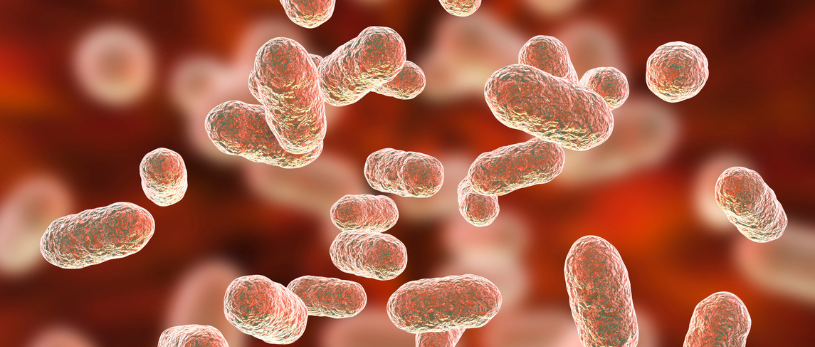In the field of assisted reproduction, genetic medicine has made significant strides in improving the safety and success of treatments. One of these advances is the genetic compatibility test (also known as genetic matching), a tool that helps reduce the risk of passing on genetic diseases to offspring.
But what exactly does this test involve? Who is it recommended for, and how is it interpreted?
What is the genetic compatibility test?
The genetic compatibility test is an analysis that examines whether two individuals share mutations in the same recessive genes. When both members of a couple (or a patient and their gamete donor) carry an alteration in the same gene, there is a 25% risk of passing a genetic condition on to their child.

These types of diseases are usually recessive, meaning a person can be a carrier without showing symptoms. However, if both parties carry the same altered gene, the risk becomes active.
How is it done?
The test is performed with a simple blood or saliva sample. Through genetic sequencing techniques, several hundred genes associated with hereditary diseases are analyzed. The most comprehensive panels currently can detect more than 300 recessive or X-linked conditions, such as cystic fibrosis, spinal muscular atrophy, fragile X syndrome, among others.

When is it recommended?
The genetic compatibility test is usually recommended in the following cases:
- Couples using donated gametes (sperm or eggs). In these cases, the test is performed on both the recipient and the donor to avoid shared recessive mutations. In treatments with donated gametes, such as sperm, we not only assess genetic compatibility but also follow a rigorous donor selection protocol. If you want to learn more about this process, you can read our article on how we select sperm donors at Gravida here.
- Individuals with a family history of genetic diseases.
- Women pursuing single motherhood through a sperm donor, when needed.
- Couples experiencing recurrent miscarriages or implantation failures with no clear cause.
The goal is to minimize genetic risk and make informed decisions before conception.
What happens if there is genetic compatibility?
If it is detected that both partners (or recipient and donor) carry the same mutated gene, the medical team will consider the following options:
- Select a genetically compatible donor.
- Preimplantation genetic diagnosis (PGD): in the case of a couple using their own gametes, a genetic study can be conducted on the embryos to transfer only those that are unaffected. You can learn more about this technique here.
At Gravida, we have a genetic matching protocol that ensures compatibility between gametes in donor treatments, aiming to reduce the risk of hereditary diseases.
Is the test mandatory?
It is not mandatory, but it is recommended in some cases. Its value lies in preventing risks that could go unnoticed. Just as physical, medical, and immunological aspects are analyzed before a fertility treatment, genetic health is also part of the process.
An informed decision is a safe decision
At Gravida, we are committed to safe, ethical, and personalized assisted reproduction. That is why we offer our patients the most advanced tools, such as the genetic compatibility test, to provide the highest guarantees in every case.
If you are considering starting a treatment or want to ask questions about this test, you can contact us and we will guide you through the entire process.
📞 Phone: +34 932 066 489
📧 Email: internacional@gravidabcn.com
🌐 Contact form
📍 Gravida
You will find us at Hospital de Barcelona (16th Floor)
Av. Diagonal 660, 08034 Barcelona




